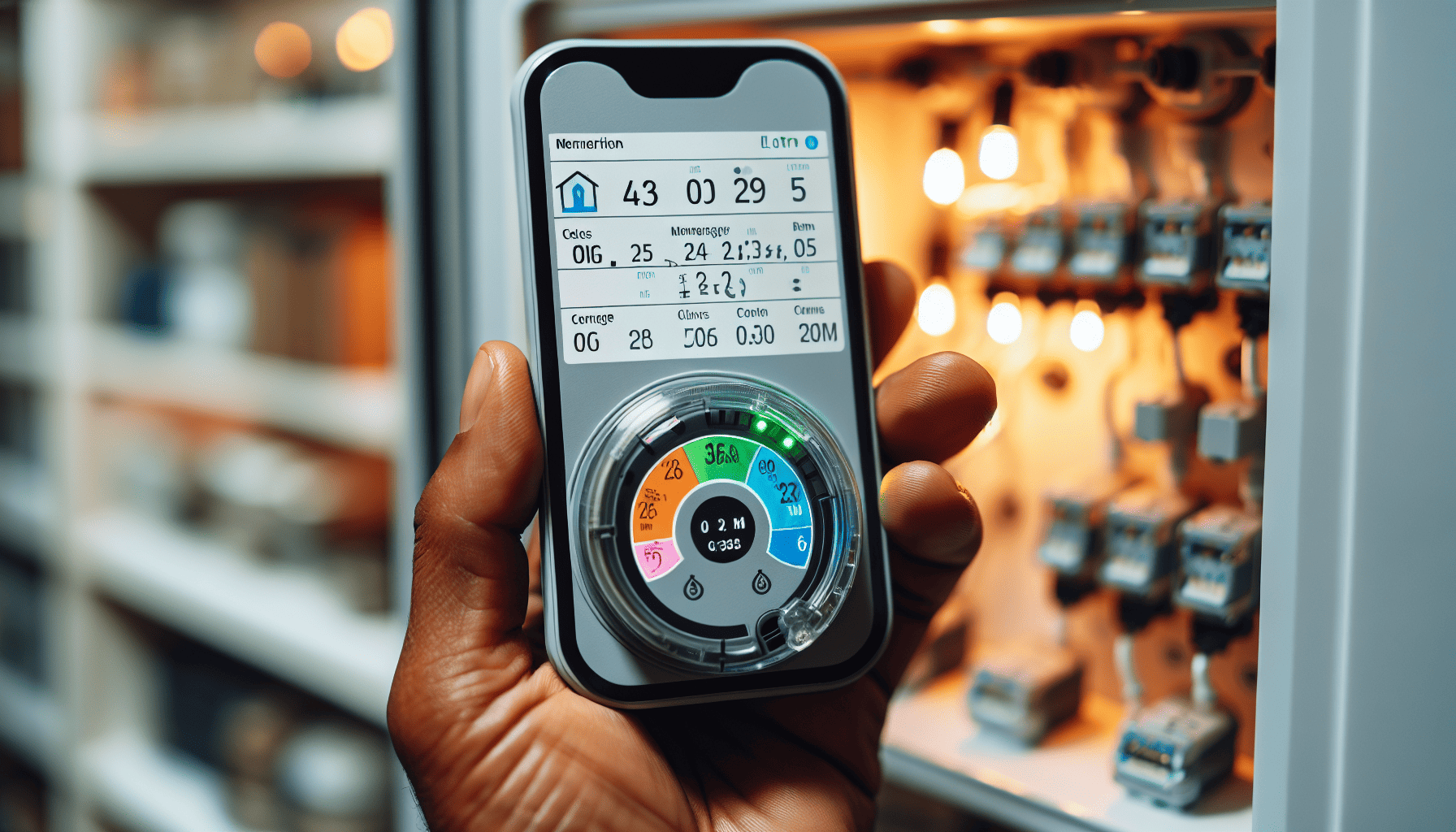In today's world, where energy consumption is at an all-time high and environmental concerns are mounting, the need for efficient energy management has never been more critical. Enter smart energy management—an innovative approach that leverages cutting-edge technology to optimize energy usage, resulting in increased efficiency and significant reductions in electricity bills.
At the heart of smart energy management is the integration of intelligent systems that collect real-time data on energy consumption patterns. These systems use advanced algorithms and machine learning techniques to analyze the data, identify inefficiencies, and suggest actionable insights for improvement. Through smart meters, connected devices, and home automation systems, consumers can gain a comprehensive understanding of their energy usage and make informed decisions to minimize waste.
One of the primary benefits of smart energy management is its ability to provide precise control over energy consumption. Smart thermostats, for example, learn user preferences and adjust heating and cooling systems accordingly, ensuring comfort while minimizing energy use. Likewise, smart lighting solutions can automatically dim or turn off lights when rooms are unoccupied. By automating these processes and tailoring energy use to actual needs, households and businesses can achieve considerable savings on their electricity bills.
Furthermore, smart energy management extends beyond individual households. On a larger scale, it plays a pivotal role in the development of smart grids. These advanced energy networks use real-time data to balance supply and demand more effectively, enhancing grid reliability and reducing outages. By integrating renewable energy sources like solar and wind power, smart grids can also help minimize reliance on fossil fuels, contributing to a more sustainable future.
Another advantage of smart energy management is its scalability and adaptability. Whether it's a single-family home, a sprawling corporate campus, or an entire city, smart technology can be tailored to fit specific energy management needs. This flexibility is particularly important as the world transitions toward more sustainable practices and as regulatory environments evolve to encourage energy efficiency.
Despite its many advantages, the adoption of smart energy management is not without challenges. Upfront costs for installing smart devices and systems can be significant, and there may be a learning curve associated with utilizing these technologies effectively. However, the long-term savings and environmental benefits often outweigh the initial investments. Additionally, as technology advances and becomes more mainstream, costs are expected to decrease, making smart energy management accessible to a broader audience.
In conclusion, smart energy management offers a promising solution for optimizing energy use, lowering electricity bills, and promoting sustainability. By embracing intelligent systems and data-driven insights, both individuals and communities can make a significant impact on their energy consumption. As technology continues to evolve, the future of smart energy management is bright, paving the way for a more efficient and environmentally conscious world.
